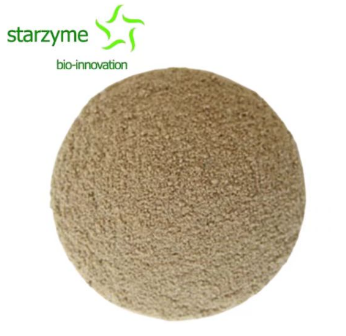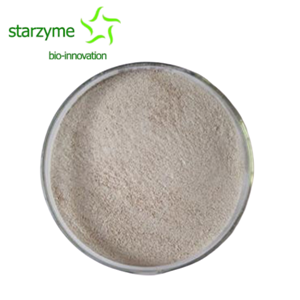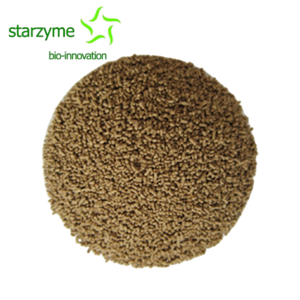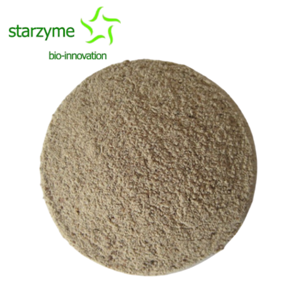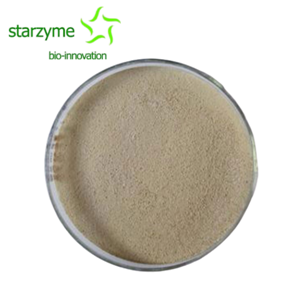The Role of Bacillus licheniformis in Animal Husbandry
Bacillus licheniformis plays various important roles in animal husbandry, mainly including the following aspects:
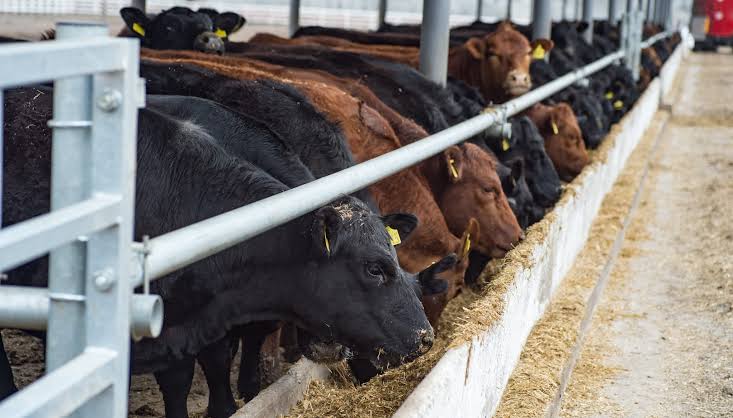
Maintaining and Adjusting the Balance of Gastrointestinal Microbiota: Bacillus licheniformis can produce various antibacterial substances during its growth and metabolism, and has a strong antagonistic effect on harmful bacteria. After entering the gastrointestinal tract, it can quickly colonize and reproduce, consume oxygen, and form a low oxygen environment, which is conducive to the growth and reproduction of beneficial microorganisms, thereby inhibiting the growth of harmful bacteria, adjusting the balance of gastrointestinal microbiota, and restoring gastrointestinal function.
Enhance Digestive Ability: Bacillus licheniformis can produce various enzymes, such as protease, amylase, lipase, pectinase, glucanase, cellulase, etc. These enzymes can increase the digestive enzyme activity of animals, promote the growth of farmed animals, and improve feed utilization efficiency.
Enhancing Immune Function: Bacillus licheniformis can enhance the body's specific and non-specific immune responses, promote the phagocytic activity of macrophages, improve anti infection ability, and thus enhance animal immunity.
Alternative to Antibiotics: Due to the long-term use of antibiotics leading to resistance and health problems, Bacillus licheniformis, as a microbial probiotic, is widely used in animal husbandry as a green feed additive. It has no toxic side effects, low cost, strong functionality, and can replace antibiotics

